
“Every man knows he is a sissy compared to Johnny Cash.” — Bono
There aren’t too many American musicians of the past century who left a richer legacy, or were more influential across a broader range of genres, than the Man in Black. Through six decades, Johnny Cash created music that spoke with power and eloquence to sharecroppers, punk rockers, prison inmates and hip-hoppers. Many of the songs he penned or famously recorded—”Big River,” “I Walk the Line,” “Ring of Fire,” “A Boy Named Sue,” “Folsom Prison Blues,” “Get Rhythm,” “Don’t Take Your Guns to Town,” “The Matador” and on and on — have not only become classics, but have been embraced as national treasures by Americans of every political stance, creed and ethnicity.
[Buy the LIFE book, Johnny Cash: An Illustrated Biography]
But Johnny Cash was not merely a great songwriter and singularly engaging singer. He was a cultural force. When he sang with a young Bob Dylan on Dylan’s gorgeous “Girl From the North Country” in 1969, the pairing was a quiet revolution, reconciling Dylan’s New Folk counterculture blues with Cash’s old-school, hillbilly honky-tonk.
When he recorded Peter LaFarge’s “Ballad of Ira Hayes” in 1964—and took it to No. 3 on the Billboard country charts—he brought the terrible tale of how one of the men who raised the flag on Iwo Jima died, drunk and alone, to far more people than had ever heard the song or the story before.
When he released his magnificent, Rick Rubin-produced “American Recordings” albums in the 1990s and early 2000s (Unchained, Solitary Man, The Man Comes Around, etc.), Cash—by then in his 60s—introduced a new generation of listeners to his utterly unique sensibility and to one of the greatest, most immediately recognizable instruments in the history of American music: his deep, rumbling, unforgettable voice.
Here, in tribute to the one and only Johnny Cash, LIFE.com presents a selection of photos—many of which did not originally appear in LIFE—made for a November 1969 feature in the magazine titled “Hard-Times King of Song.”
Cash, LIFE told its readers, was a man who had lived hard, had come through and, by all measures, showed no sign of letting the limelight alter the essentials of who he was and what he believed.
His face looks ruined, his lean body whipped out. He sings, off-key, of bygone days that many of his listeners can’t even remember: railroads, hobos on the open road, Depression, hard times he knew growing up poor in an Arkansas cotton patch. These are curiously old-fashioned themes, but the homely lyrics and rough-cut personality of Johnny Cash make them fresh.
Cash, 37, has been singing and writing country ballads for 15 years. He has recorded more than 300 songs and written twice that many, most of them an unpromising mixture of folklore, sentiment and pure corn that until recently appealed mainly to fans of the Grand Ole Opry. Now the young like him because he has the ring of authenticity and supports social causes, such as prison reform. . . . Only two years ago Cash was down and out himself. Before he kicked the habit, he became so addicted to pep pills that he woke up in a Georgia jail unable to remember how he got there.
Cash appeals to Americans who are increasingly fed up with the pressure and confusions of city life and yearn to get back to the land. “Last year it was soul,” says a friend. “This year everybody is scratching in the soil. That’s why Johnny works. He’s got soil.”

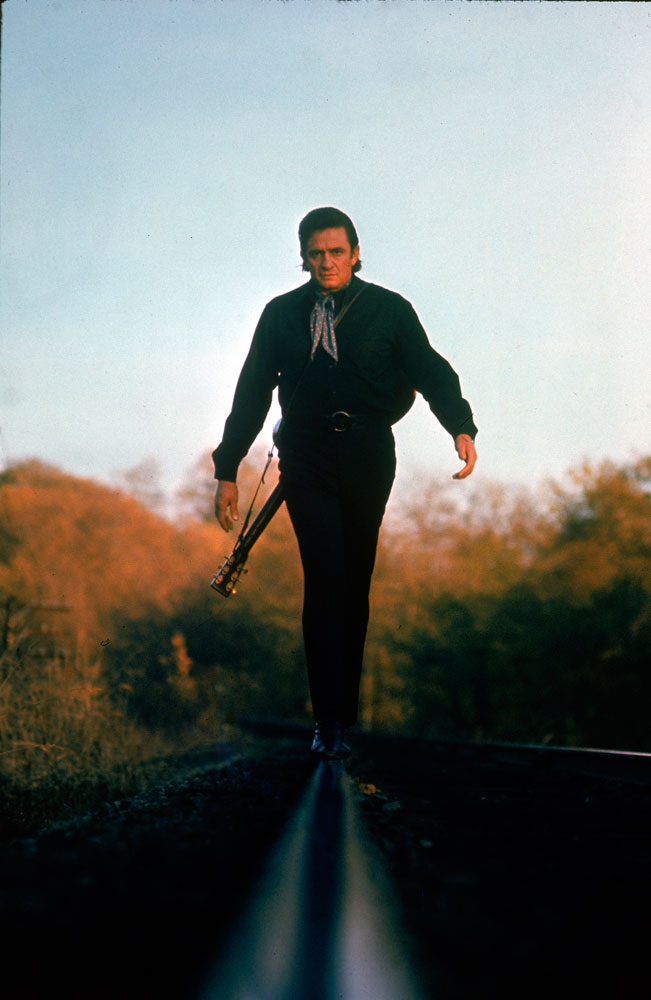
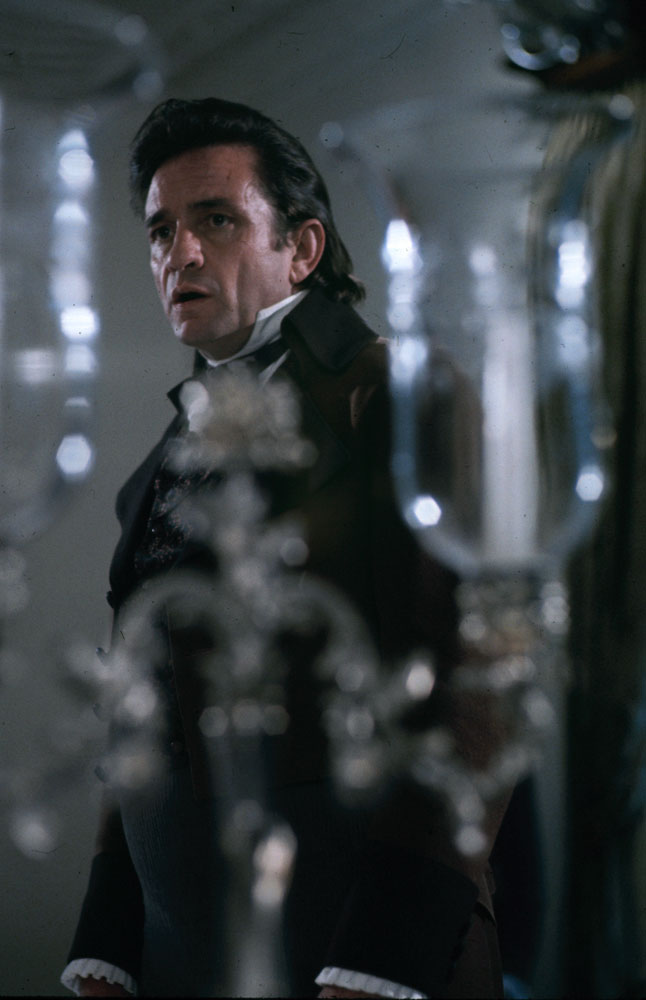


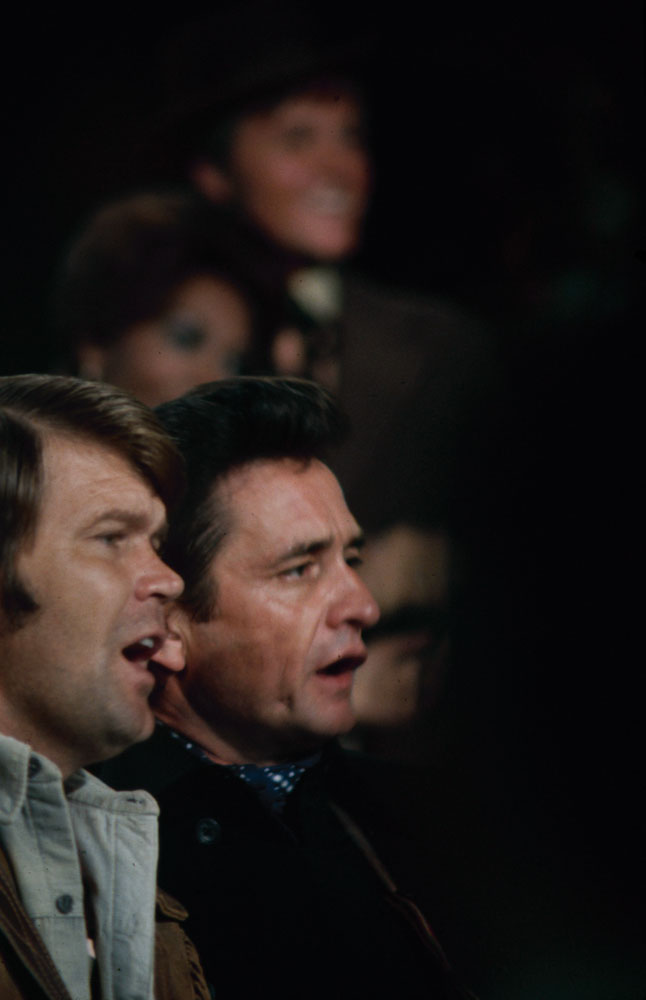

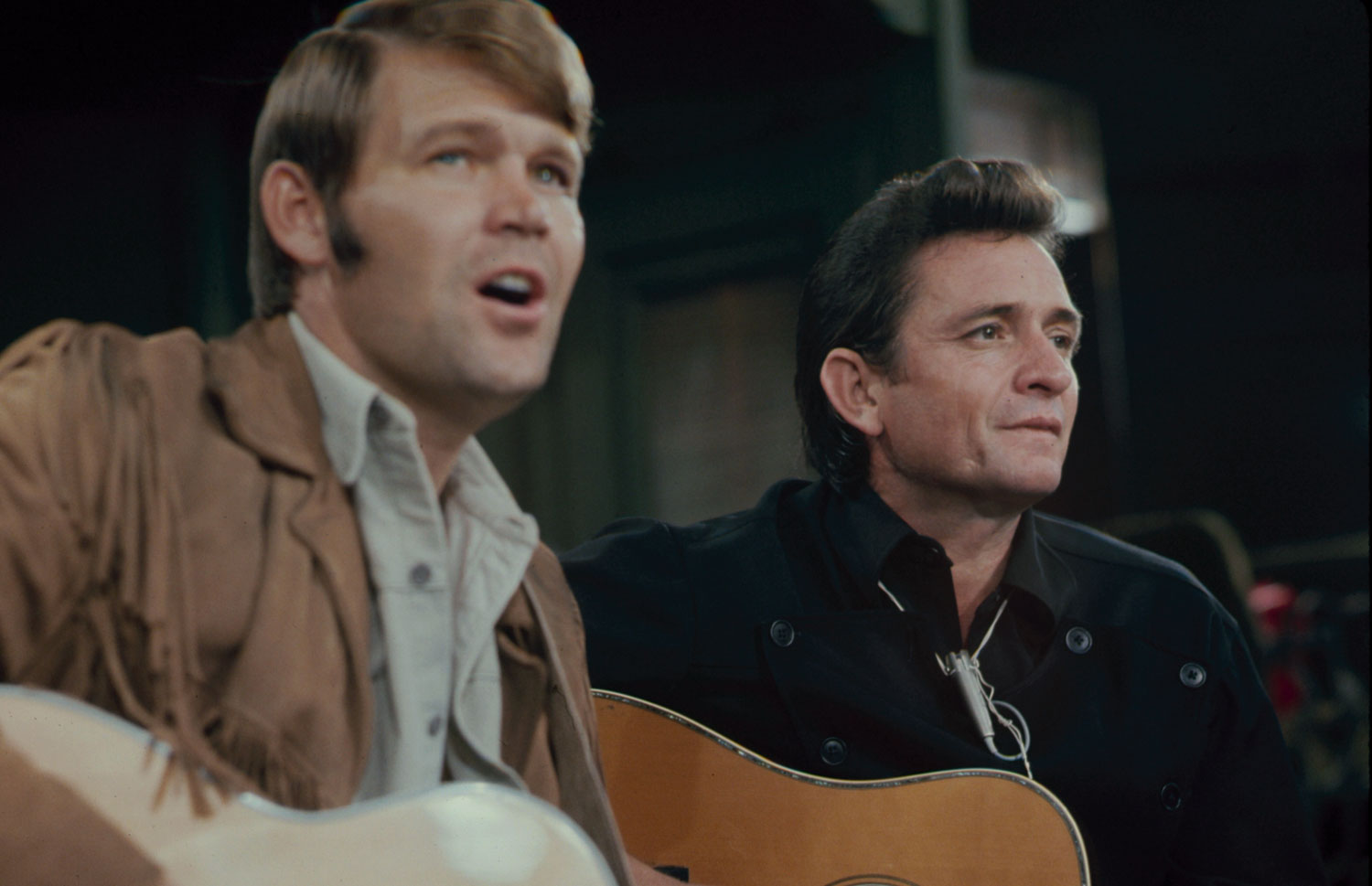
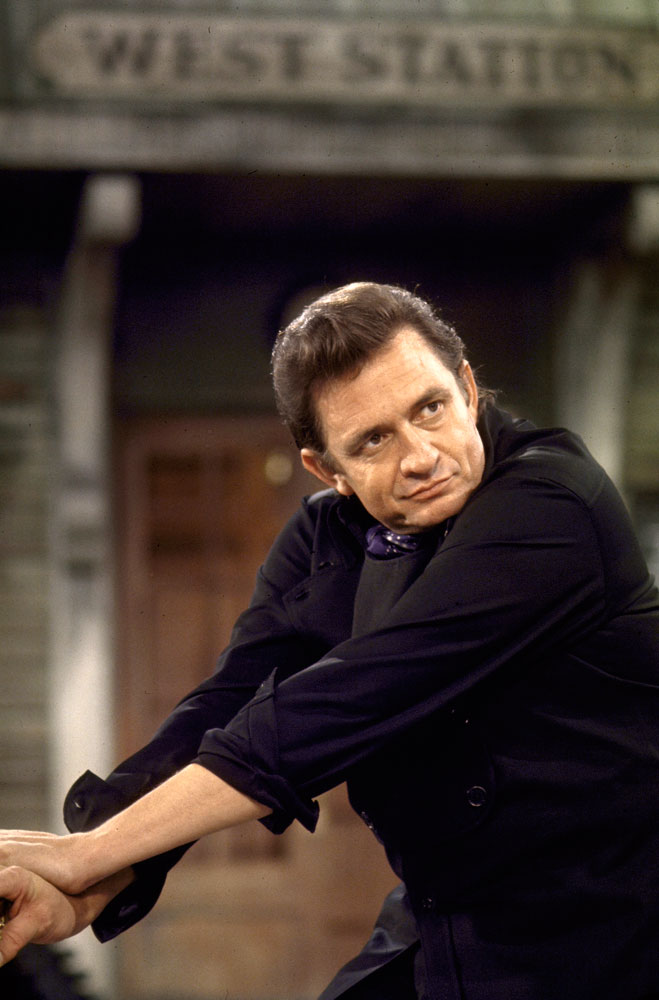
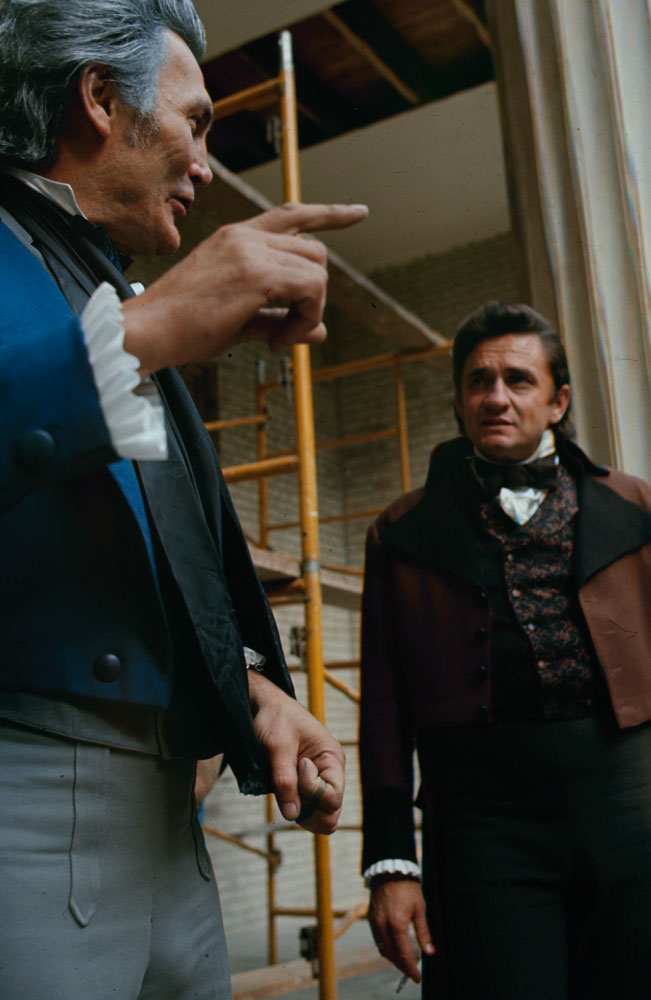
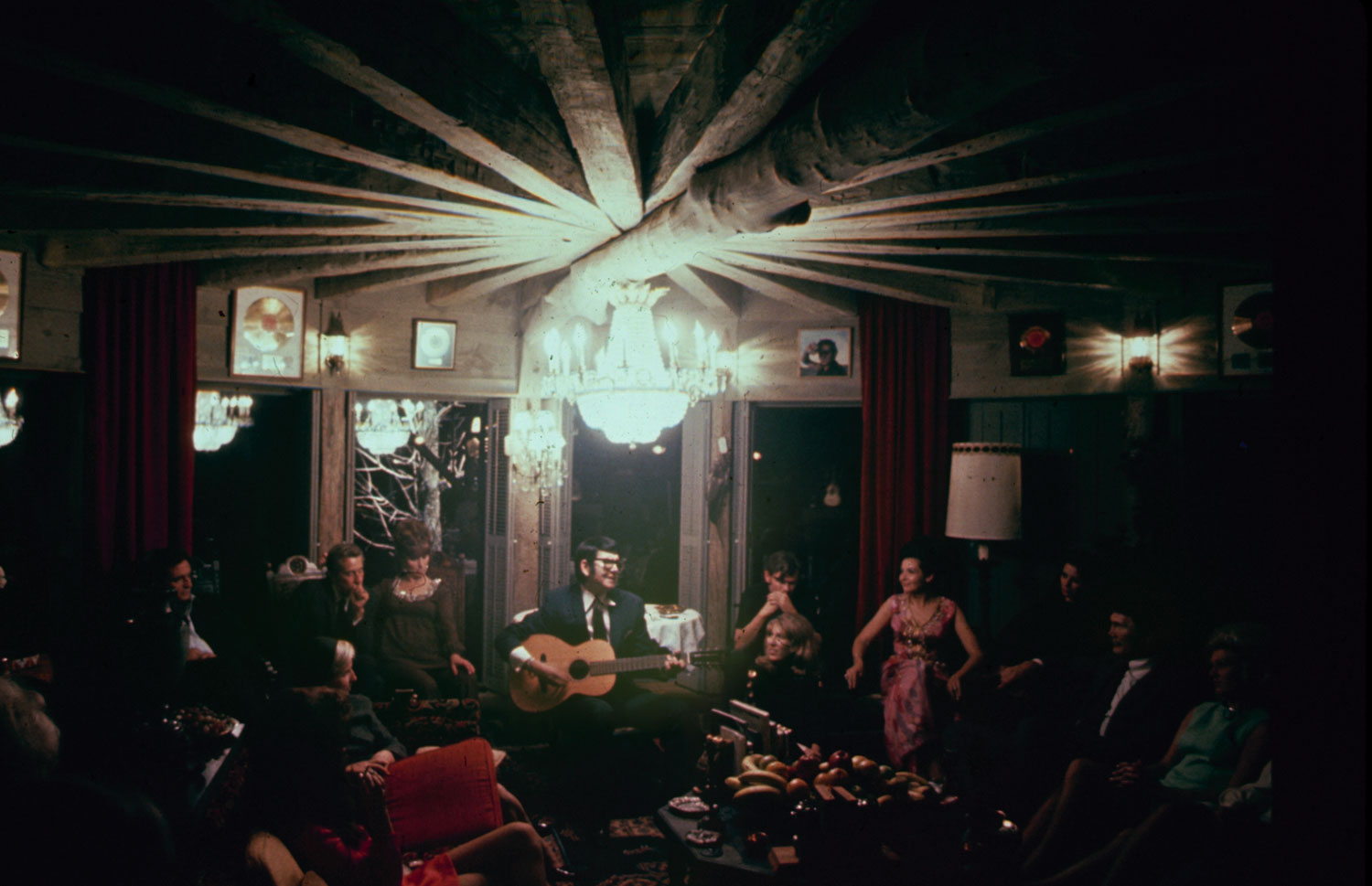
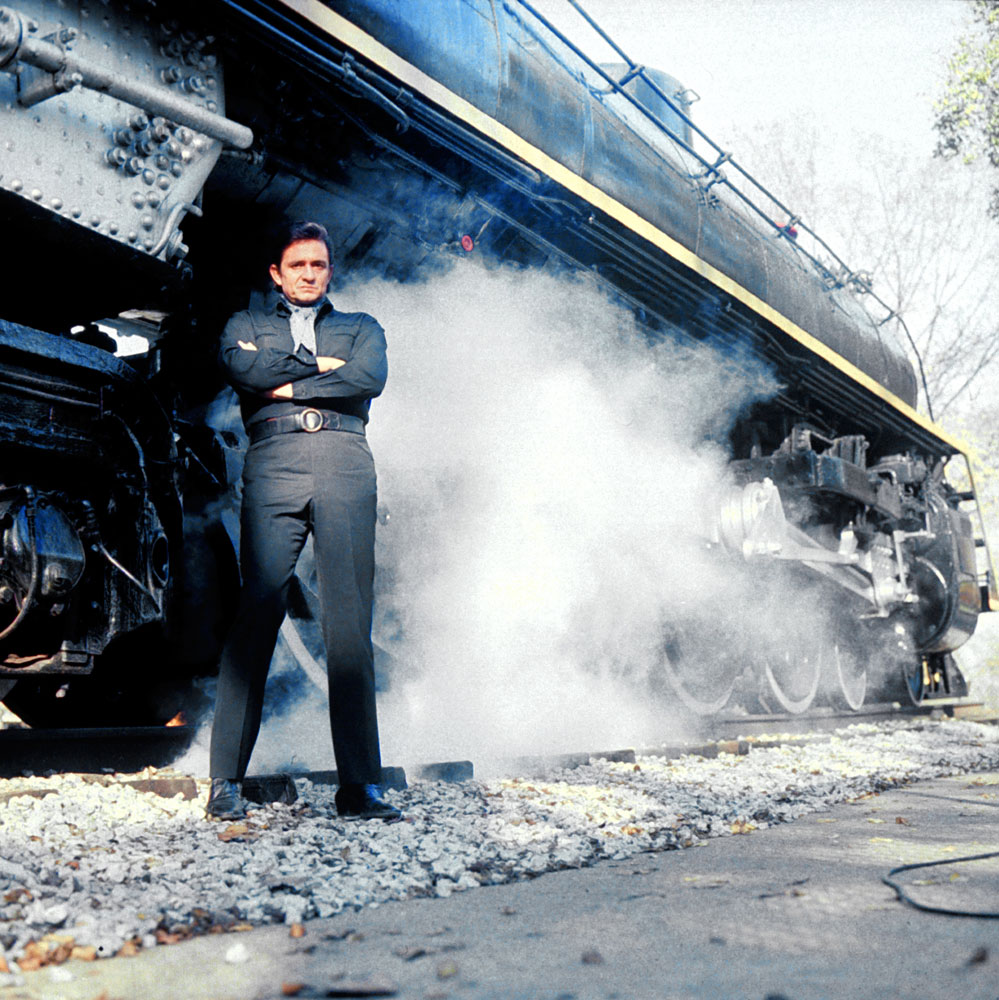
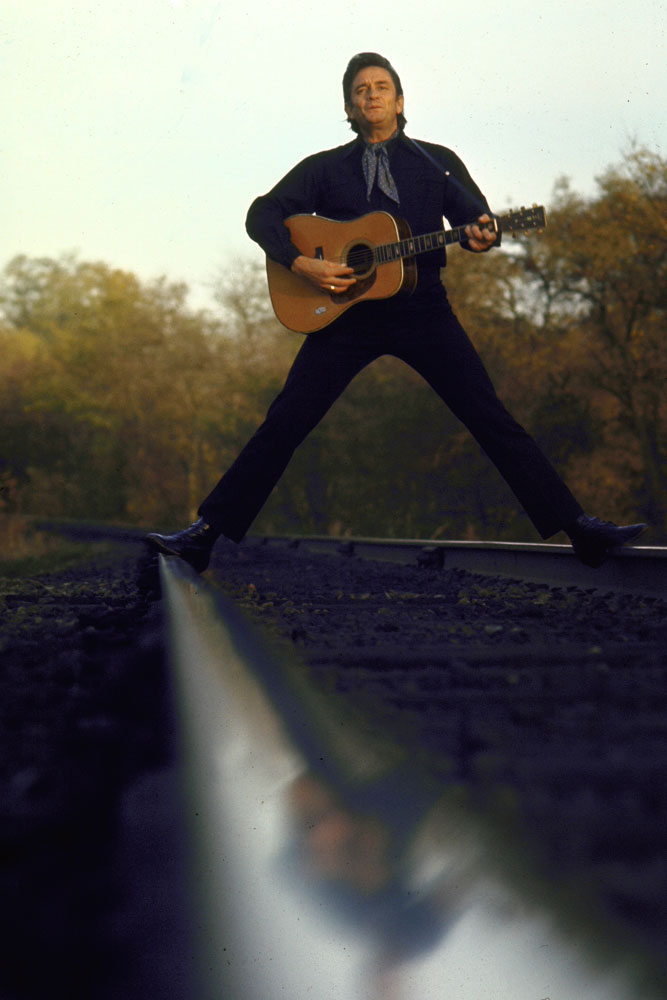
More Must-Reads from TIME
- Cybersecurity Experts Are Sounding the Alarm on DOGE
- Meet the 2025 Women of the Year
- The Harsh Truth About Disability Inclusion
- Why Do More Young Adults Have Cancer?
- Colman Domingo Leads With Radical Love
- How to Get Better at Doing Things Alone
- Michelle Zauner Stares Down the Darkness
Contact us at letters@time.com